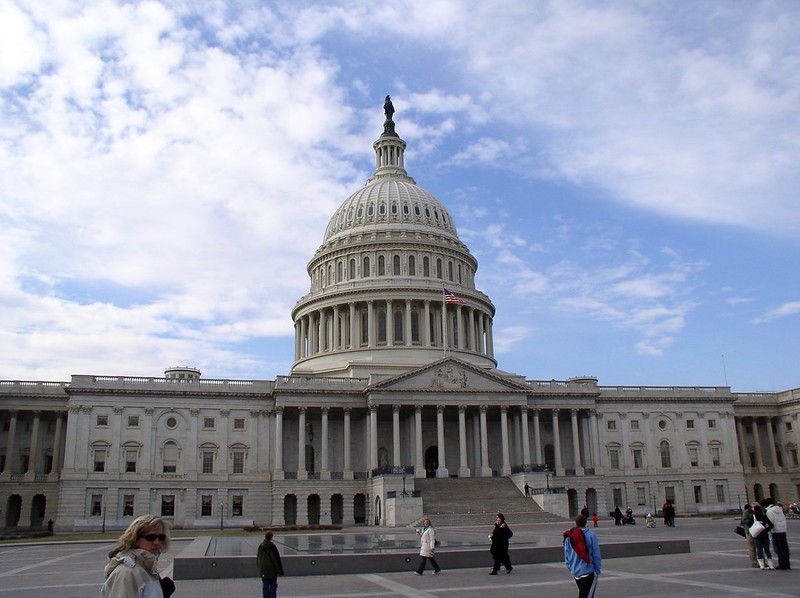
Congress is beginning to debate reforms to antitrust law. As lawmakers consider different approaches, they should reject any proposal that weakens or undermines the consumer welfare standard. Moving away from the consumer welfare standard would cripple free enterprise, discourage innovation and competition, and harm American consumers.
The consumer welfare standard, which maximizes consumer benefits instead of protecting individual competitors, has undergirded antitrust law for over four decades. Antitrust law under the consumer welfare standard is designed to protect consumers from monopolies and the competitive process, not to protect individual companies from being out-competed by other firms.
Importantly, the consumer welfare standard brought consistency to antitrust law by tying it to specific economic criteria. The standard emphasizes long-term innovation effects and a maximization of economic efficiency when determining if a company is engaging in anticompetitive behavior.
Additionally, the consumer welfare standard sharpened the focus and general direction of antitrust enforcement by giving judges and regulators a coherent principle to follow. Before the consumer welfare standard was widely adopted, antitrust law was vague and unfocused, leading to inconsistent rulings and enforcement actions designed to reward political allies or punish political enemies.
The consumer welfare standard’s objective, rule-of-law approach to antitrust enforcement ensures a level playing field for American companies and a robust competitive process with limited politicization.
In sharp contrast, some want to dismantle the consumer welfare standard in order to use antitrust law as a tool to address broader, unrelated political and social goals. Instead of using antitrust law to protect consumers or root out truly uncompetitive behavior, some want to use it to “break up” big companies or target political enemies.
It wouldn’t matter if breaking up a company would harm consumers, or if a company is actually engaging in uncompetitive monopolistic behavior. Overzealous regulators would target large companies no matter how much they improve American lives or compete fairly with other firms.
This activist, politicized approach to antitrust enforcement would have a chilling effect on American innovation. Successful firms under constant threat of antitrust investigation would be less likely to engage in robust competition, leading to higher prices and reduced access to goods and services for American consumers. Discouraging mergers and acquisitions would likely lead to fewer innovative start-ups, half of which say their long term goal is to be acquired by a larger firm.
Ultimately, antitrust law is not a tool to be used lightly, and enforcement actions have the potential to reshape entire industries. A broad, arbitrary approach to antitrust enforcement would empower faceless government bureaucrats to reshape the entire economy. This interventionist approach would have a chilling effect on free enterprise, crush innovation, and harm American consumers.
Lawmakers should reject any antitrust legislation that undermines the consumer welfare standard.

